“Like Water: A Cultural History of Bruce Lee” by Daryl Joji Maeda has been published by NYU Press.

An Asian and Asian American icon of unimaginable stature and influence, Bruce Lee revolutionized the martial arts by combining influences drawn from around the world. Uncommonly determined, physically gifted, and artistically brilliant, Lee rose to fame as part of a wave of transpacific globalization that bridged the nearly 7,000 miles between Hong Kong and California.
“Like Water” unpacks Lee’s global impact, linking his legendary status as a martial artist, actor, and director to his continual traversals across the newly interconnected Asia and America.
Maeda’s multifaceted account of Lee’s legacy uniquely traces how movements and migrations across the Pacific Ocean structured the cultures Lee inherited, the milieu he occupied, the martial art he developed, the films he made, and the world he left behind.
A unique blend of cultural history and biography, “Like Water” unearths the cultural strands that Lee intertwined in his rise to a new kind of global stardom. Moving from the Gold Rush in California and the British occupation of Hong Kong, to the Cold War and the deployment of American troops across Asia, Maeda builds depth and complexity to this larger-than-life figure. His cultural chronology reveals Lee to be both a product of his time and a harbinger of a more connected future.

Nearly half a century after his tragic death, Lee remains an inspiring symbol of innovation and determination, with an enduring legacy as the first Asian American global superstar.
Maeda is dean and vice provost of undergraduate education and professor of ethnic studies at the University of Colorado, Boulder. He is the author of “Chains of Babylon: The Rise of Asian America” and “Rethinking the Asian American Movement.”
Critical praise:
“Maeda positions Lee’s career as a product of — and significant contributor to — long-evolving transnational exchanges across the Pacific, and he argues forcefully that his subject’s achievements in blending cultural traditions are worthy of celebration … the book provides lucid analysis of Lee’s lasting significance.” — Kirkus Reviews
“Decades after his untimely death, Bruce Lee, like water, still flows across the globe as an inspiration to the marginalized, the colonized, the immigrant, the dispossessed, and the oppressed. Daryl Joji Maeda’s powerful new book places the martial arts megastar/philosopher and his multicultural circle in the critical context of transpacific studies. Maeda does a masterful job of giving us a different way of understanding Bruce Lee and his legacy by avoiding the ‘classical mess’ of pinning the mercurial Lee to Asia or America rather than allowing him to float across the vast Pacific.” — Gina Marchetti, author of “Citing China: Politics, Postmodernism, and World Cinema”

“Marvelous and momentous. Maeda’s knowledge of Bruce Lee is breathtakingly comprehensive and impressive and has completely expanded and transformed my understanding of Lee. ‘Like Water’ is easily the most consequential and definitive book on Lee that has been published to date.” — Robert Ji Song Ku, co-editor of “Eating Asian America: A Food Studies Reader”
“Conceived as a multifaceted cultural history, ‘Like Water’ tells the story of the making of Bruce Lee as a transpacific icon. Foregrounding the larger geopolitical and cross-cultural forces at work, Daryl Joji Maeda tracks Lee’s incessantly migratory footsteps from his on-the-road birth at a Chinese hospital in San Francisco to his mysterious death at his paramour’s pad in Hong Kong. As a cultural history, the book is rich and expansive, compiling a montage of big subjects such as Chinese immigration, Cantonese opera in America, and the history of Chinese cinema. As a biography, ‘Like Water’ draws the contours of Lee’s life while highlighting flashpoints of his legend.” — Yunte Huang, UC Santa Barbara
“Maeda argues that Lee’s films, which combined elements of spaghetti westerns, James Bond films, and Cantonese opera, were equally the result of the vision of one man, who also lived between worlds, and the cultural and economic exchange that took place in the 20th century following World War II … Maeda’s point is that without cultural exchange there would have been no Bruce Lee. Maeda’s study of Lee reminds us that without cultural appropriation there would be no culture.” — Washington Examiner
 Remembering Amy Uyematsu
Remembering Amy Uyematsu
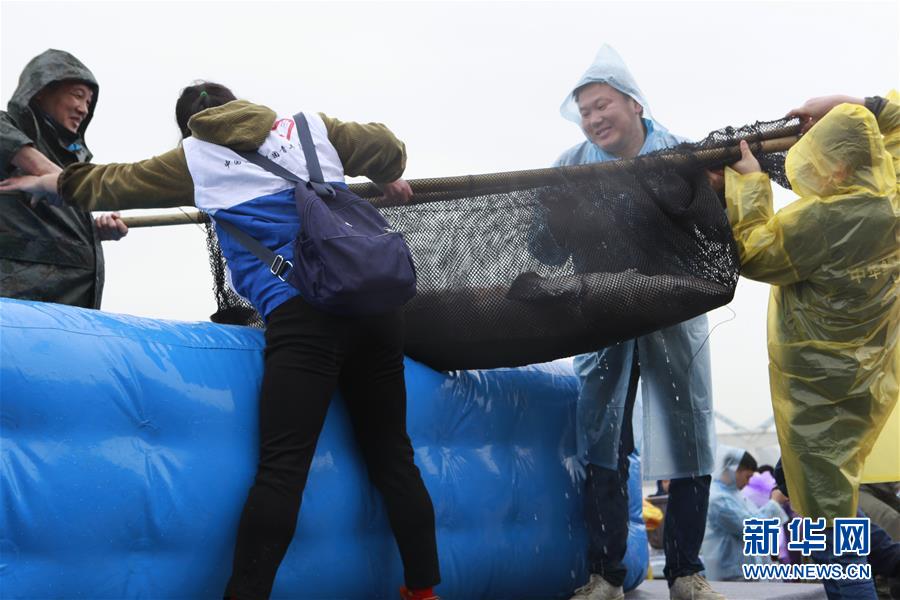 Senator reaches for nonexistent glasses and takes them off anyway
Senator reaches for nonexistent glasses and takes them off anyway
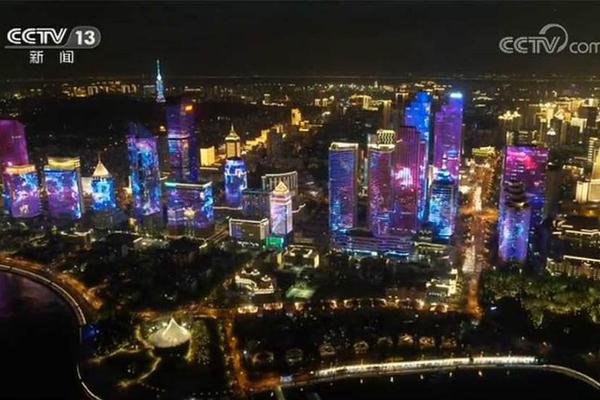 Blame Hawaii's apocalypse fake
Blame Hawaii's apocalypse fake
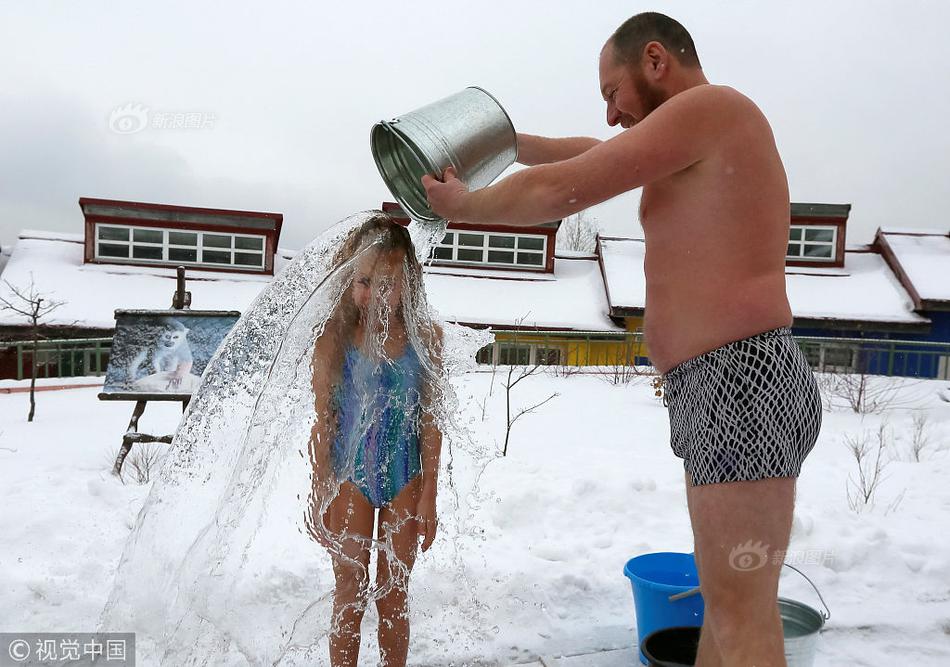 Family shares hilarious Photoshop fail from a photographer they hired
Family shares hilarious Photoshop fail from a photographer they hired
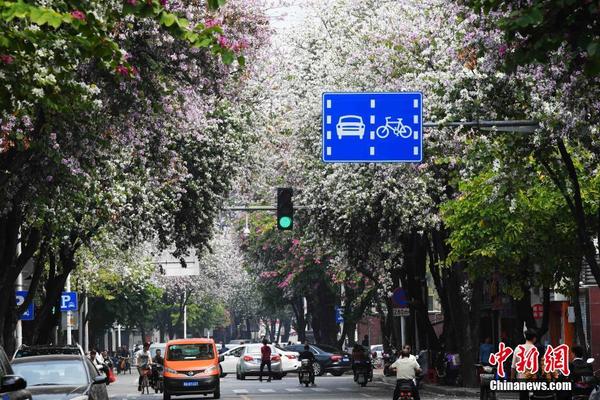 Gate.io and AWS to Host 'Gateway to Championships' Event
Gate.io and AWS to Host 'Gateway to Championships' Event
 FALSE ALARM: Panic ensues as Emergency Alert Service issues missile threat for Hawaii
FALSE ALARM: Panic ensues as Emergency Alert Service issues missile threat for Hawaii
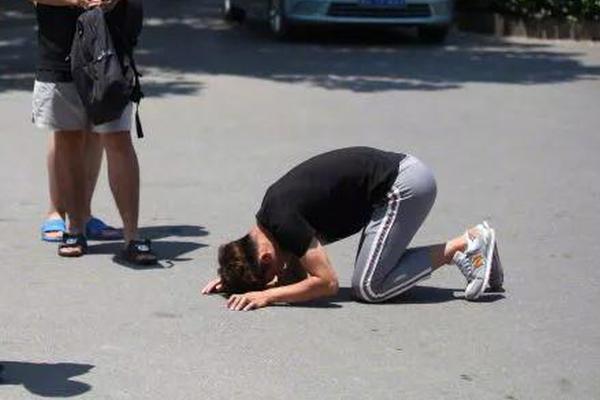 Chelsea Manning confirmed it: She's running for Senate in 2018
Chelsea Manning confirmed it: She's running for Senate in 2018
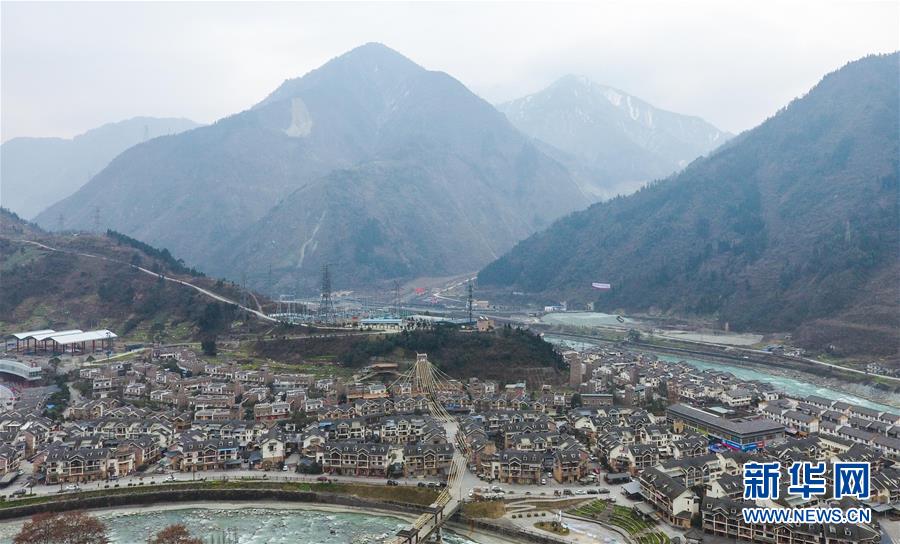 If Trump's tweets have this much influence over foreign policy, we're all screwed
If Trump's tweets have this much influence over foreign policy, we're all screwed
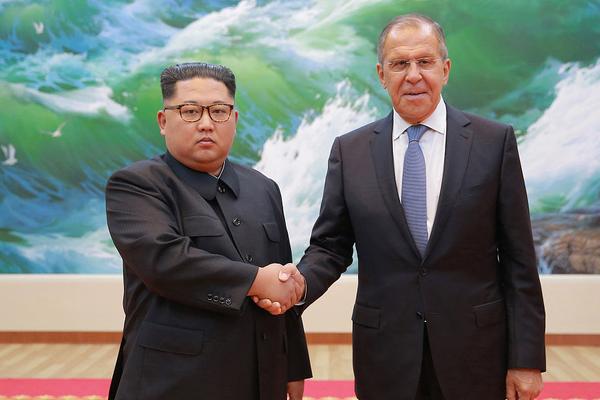 ‘The Furutas’ to Air on PBS World
‘The Furutas’ to Air on PBS World
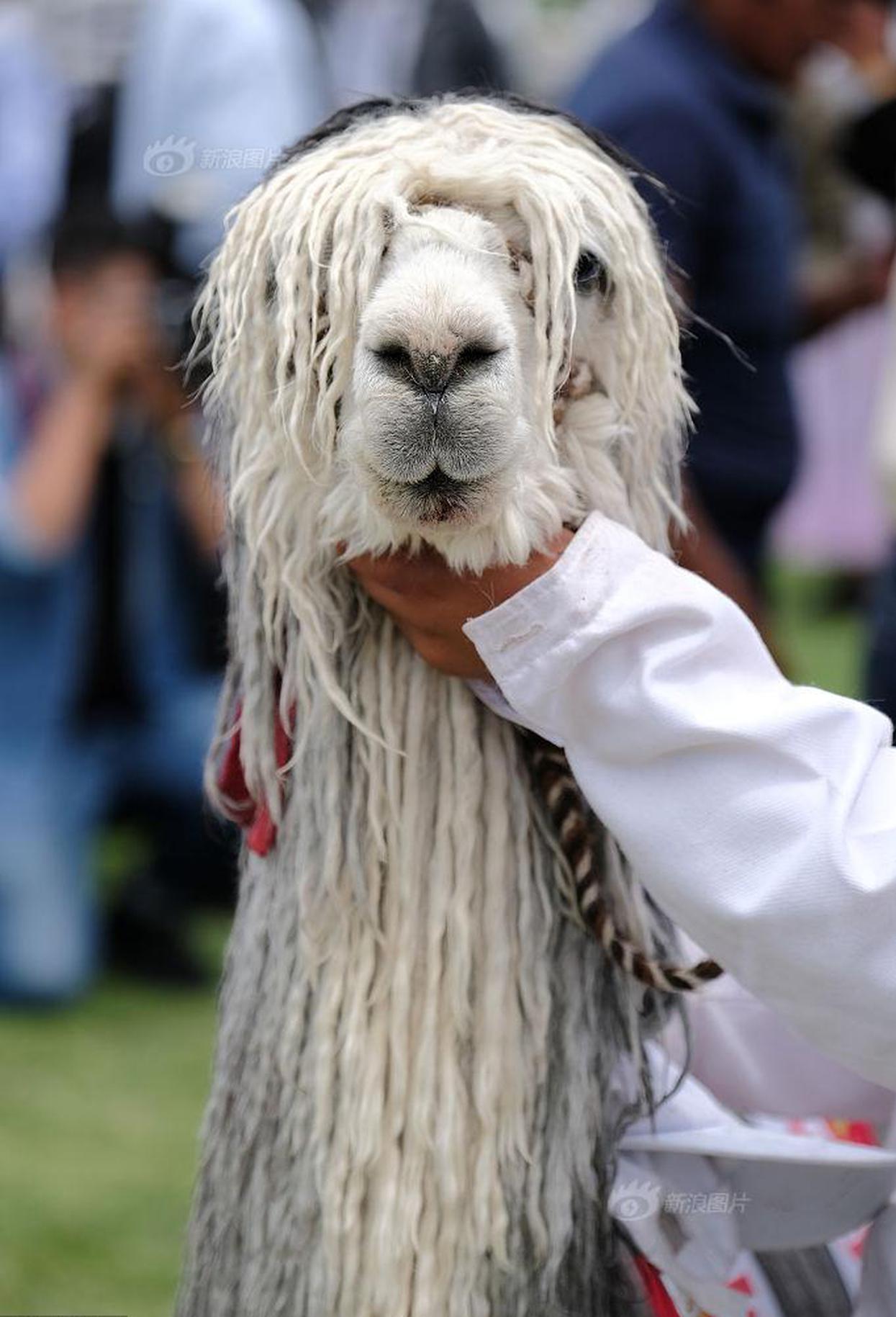 Please enjoy these pics from Fiona the hippo's first birthday party
Please enjoy these pics from Fiona the hippo's first birthday party
 Supreme Court Sides with The Slants
Supreme Court Sides with The Slants
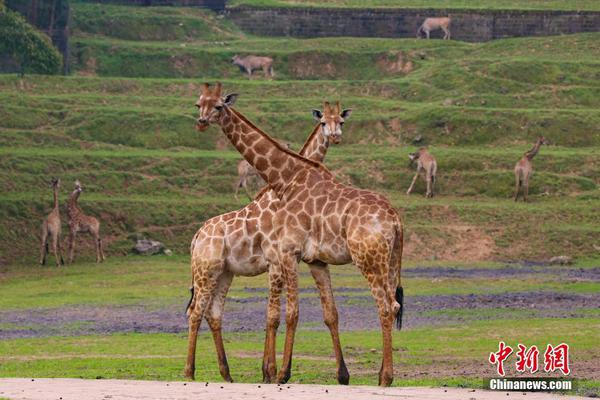 Sorry, people still remember that embarrassing thing you did as a kid
Sorry, people still remember that embarrassing thing you did as a kid
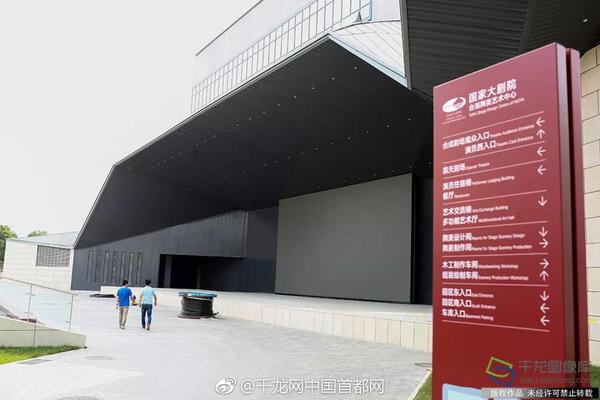 Scarlett Johansson brilliantly called out James Franco during her Women's March speech
Scarlett Johansson brilliantly called out James Franco during her Women's March speech
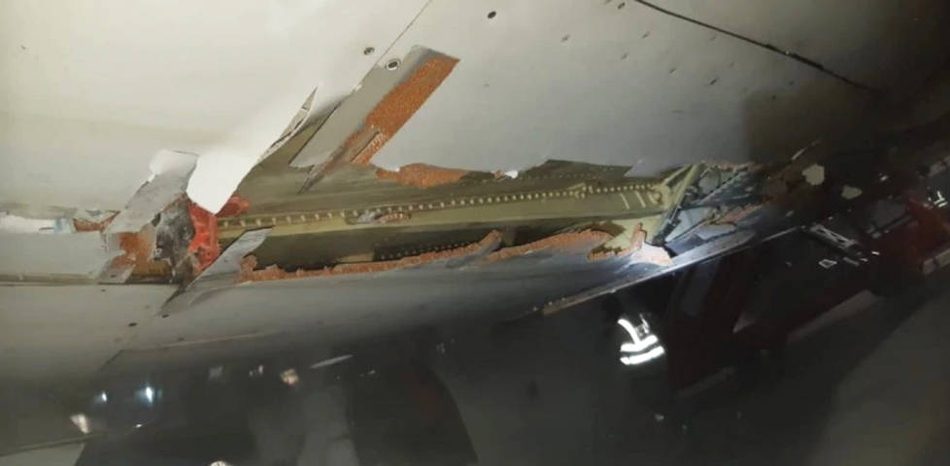 17 Instagram accounts showcase how important feminism is in 2018
17 Instagram accounts showcase how important feminism is in 2018
 Keiro Wants to Hear from You
Keiro Wants to Hear from You
 Blame Hawaii's apocalypse fake
Blame Hawaii's apocalypse fake
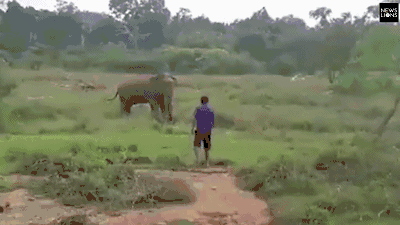 Watch Will Ferrell crash an on
Watch Will Ferrell crash an on
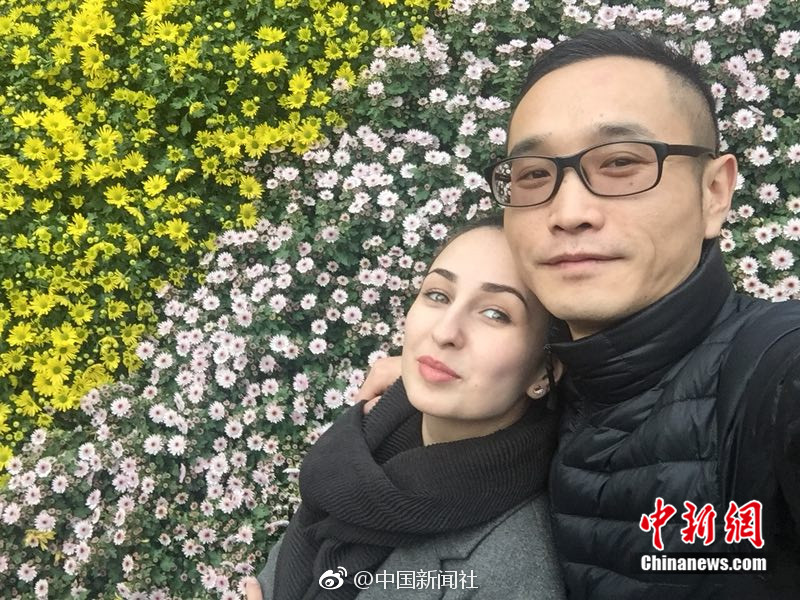 'This place is a shithole' projection appears on Donald Trump's D.C. hotel
'This place is a shithole' projection appears on Donald Trump's D.C. hotel
 THROUGH THE FIRE: Our Tax Dollars at Work
THROUGH THE FIRE: Our Tax Dollars at Work
 Dylan Farrow recounts details of alleged sexual assault by Woody Allen
Dylan Farrow recounts details of alleged sexual assault by Woody Allen
Kit Harington joins Marvel's 'The Eternals'Taylor Swift 'Lover' album review: A dreamy, thrilling adventureEwan McGregor to return as ObiNFL QB Andrew Luck is retiring and hey, let's focus on the nice stuff'The Mandalorian' preview: What does it all mean?Forget range anxiety, this couple drove across the country in a TeslaRobert Pattinson's long hair in 'The King' trailer has Twitter thirsty as hellHilary Duff to return as Lizzie McGuire in sequel series for Disney+Google tells employees to stop 'raging' about politicsReporter gets drenched by sprinklers on live TV, heroically powers through Shark VACMOP Pro deal: $59.99 at Amazon NYT mini crossword answers for March 2, 2025 Stuff Your Kindle Day: How to get free closed door romance books on Mar. 4 Timothée Chalamet channels BTS on the Oscars 2025 red carpet Best earbuds deal: Save 33% on Beats Studio Buds Best robot vacuum deal: Save $700 on the roborock S8 Pro Ultra SwiftScan VIP turns your phone into a scanner — save 79% Club Brugge vs. Aston Villa 2025 livestream: Watch Champions League for free Watch BLACKPINK's Lisa, Doja Cat, and RAYE transform into Bond Girls at the 2025 Oscars Oscars 2025: The best and worst moments
0.1679s , 14296.7109375 kb
Copyright © 2025 Powered by 【husbands video taping of asian wifes having sex with strangers】Scholar Writes Cultural History of Bruce Lee,Feature Flash